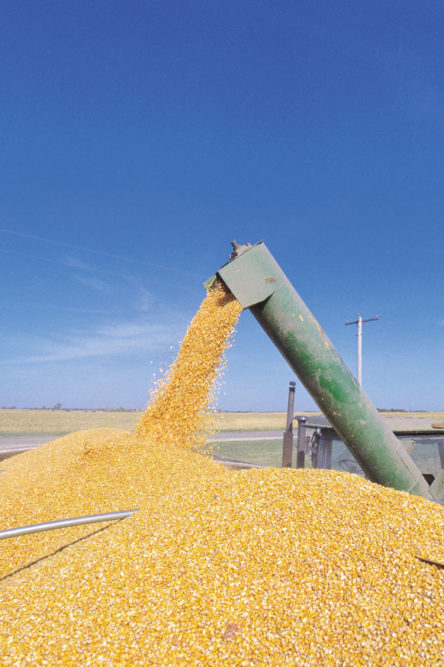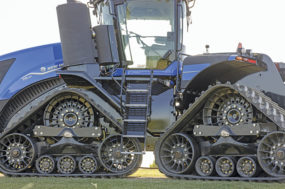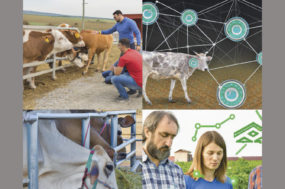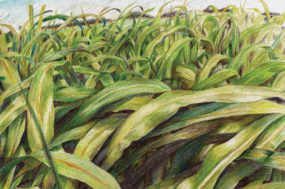What are you doing or what do you plan to do to minimize hang-ups with your machinery or equipment throughout the harvest season?
In a previous article, we discussed how rough fields and other obstacles can tear up your equipment. In this article, we will review a few maintenance tips to follow before, during and after harvest.
My philosophy in these situations is that it would be better to head off all potential equipment problems before they occur, especially if you are out in the fields working.
There are already some maintenance steps you know about, like checking and/or changing your oil and all other fluid levels. Keep in mind that you may need to monitor for emergency repairs that could be needed (and which hopefully aren’t major).
So now we’re getting closer to the big harvest – grain. Soon it’ll be time to start harvesting corn and other grain crops. It is vital to keep in mind how you will keep your equipment running smoothly and in a safe and comfortable manner this fall.
Although we have discussed air conditioning in the past, I’d like to emphasize again how important it is to keep an eye on your AC system.
Toward the end of fall, you probably won’t need the air conditioning as much as the heater, but it is still better to make sure your entire system is working properly.
You will probably also end up spending a little bit of money to check the system. However, this will beat the service technicians having to go all the way out to the field where you are working if you happen to break down in the middle of harvesting your crops.
For many equipment breakdowns like this one, you could end up paying thousands pretty easily.
In other words, you can go out to your fields and start working haphazardly, but you’ll have a higher chance of breakdowns, which could get expensive.
This is especially true if you are a custom operator. There are owner-operators and custom operators.
If custom operators are constantly having equipment troubles, they probably won’t be invited to come harvest crops for the owner again.
Owner-operators probably won’t have as successful a harvest season if they are having to stop very often to make emergency repairs.
Also, remember that if your equipment is still under warranty, get it in the shop and have warranty work done on it.
Don’t try to get this warranty work done the day before you plan to start harvest, because you will most likely have to take a number and wait in line for others that might have been trying to get a leg up on harvest a bit late in the game.
Another thing that is always on my mind is the adequate training of the people that will be operating the equipment.
Even if you’ve got the same person running the piece of equipment all the time, I don’t think it hurts to rehearse the proper use and maintenance of the equipment.
What I’m trying to say is we’re all human and we do forget. It’s best to look at a list or something that will refresh your memory, especially if it has been a while since you last used that piece of equipment.
Always follow the specifications in the operator’s manual. You could also call your dealer to talk to someone that knows that piece of equipment.
I can’t emphasize enough on tires, either. For equipment that is placed out in direct exposure to sunlight throughout the year, you can probably expect to need new tires.
Tires that are faulty pose a risk to both the operator’s safety and the functionality of the equipment as well.
For example, if combines are being driven on the side of hills, you wouldn’t want a tire to pop because it could cause the combine to roll over.
Because combines have a high profile, combined with the added weight of the crop in the hopper, a blowout could mean a rollover. Every year, I hear of someone that has rolled their combine over.
Tire inflation is also very important because you can easily pop a tire if you don’t at least visually check them before using that piece of equipment.
Underinflated tires are prime candidates for blowouts in the field. Imagine having to stop during the harvest cycle to replace a tire. Setbacks should not be one of your worries during harvest time.
Again, I can’t say enough about the training of the owners and operators of the equipment. Don’t only focus on the equipment and the crop you will be taking in throughout the harvest cycle; make sure you also take care of your employees. FG












